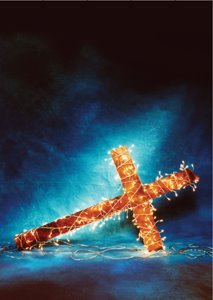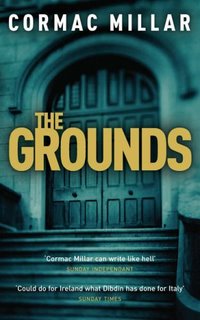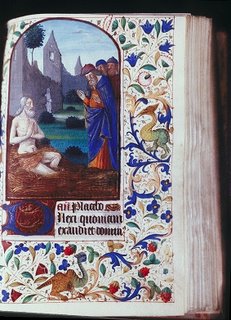 The Nowhere Birds
The Nowhere Birds is O'Reilly's début collection of poetry and is very impressive. Since I have a small pint glass of daffodils on my desk right now, I'm going to reproduce her poem from this collection called 'Daffodils', which I think will give you a sense of these sensual, and unsettling, poems:
They bring this hint of something startled in them -
the dreadful earliness of their petals
against dead earth, the extremity of their faces
suggesting a violent start -
dumb skulls opening, overnight, to vehemence.
Their lives are quicker than vision,
their voices evade us. And as
water tightens its surface in vases
and sharpens its glass, slicing their sticks
in half, these funnels clatter on their bent necks,
like bells for the already dead.







